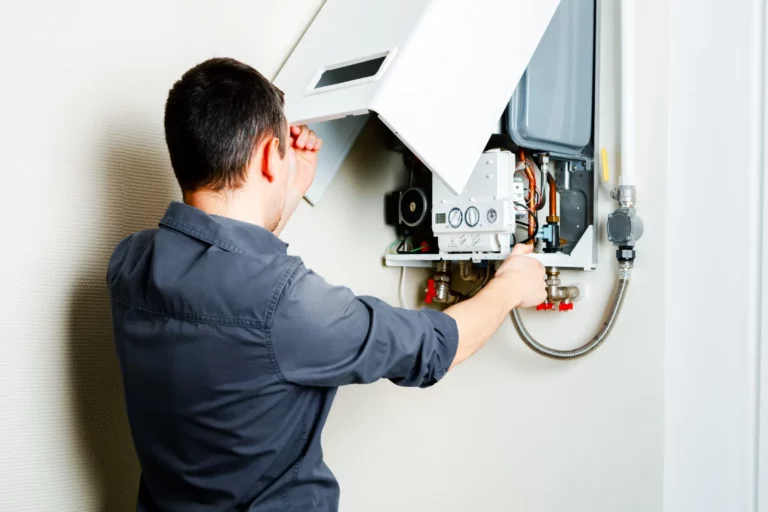How your boiler can help limit your energy bills
16th September 2022


Call us 0116 366 5664
2nd January 2024

So, we knew it was coming. Just when we can least afford it, the start of 2024 sees an increase in the energy price cap for households in Britain. Thanks for that. Here, with a little help from the regulator Ofgem, we explain why this is happening, and what you can do to soften the blow.
The price cap makes sure that prices for those of us on default energy tariffs are fair and reflect the cost of energy. Ofgem updates the price cap level every three months to reflect changes in underlying costs as well as inflation.
The cap does not limit your total bill, however. Your total energy bill is produced by various factors, such as the amount of energy you use, the way you pay for your energy, whereabouts you live and the type of meter you use.
Ofgem monitors suppliers to make sure their default tariff rates do not go above the limit set by the energy price cap.
From New Year’s Day, the price of energy for a typical household who use gas and electricity and pay by direct debit will go up by £94. This will take the price cap from £1,834 to £1,928 per year.
In a little more detail, for a typical user paying by direct debit, the unit rate will be 29p/kWh for electricity and 7p/kWh for gas. The average daily standing charge will be 53 p/day for electricity and 30 p/day for gas, says Ofgem.
According to Ofgem, the hike in the price cap is because the cost of wholesale gas has gone up in recent months. World events such as the conflicts in the Middle East and Ukraine have been a major factor, hitting the energy supply chain.
The level of the energy price cap is made up of different costs, for example the wholesale cost of gas and electricity, costs to supply energy on the network and VAT. These are split within the price cap between the unit rate and the standing charge.
Ofgem reviews and updates the price cap level every three months. The dates when the levels will be announced during the next year are:
The team at Sensible Heating Solutions has previously given tips on how to manage energy price rises, but here’s a quick recap. Ahem, no pun intended.
It’s only sensible to regularly compare your energy tariff, to make sure you’re on the most cost-effective plan. There are a number of good online comparison tools to help you find the best deals.
Investing in energy-efficient appliances, with high energy ratings, is best practice for saving cash spent on energy bills. Not only will it lessen your bills over time, it’ll also significantly reduce your impact on the environment – something we all need to pay attention to in the years to come. Talk to us about energy efficient boilers.
Think about installing a smart thermostat. These devices allow you to programme heating schedules and remotely control your home’s temperature, optimising energy use and ultimately bringing down those bills.
Consider draught-proof windows and doors, and insulating your hot water tank, external pipes and even your external walls. There are several government-backed schemes to improve homes in this way, so it’s always worth checking what’s available in your area.
Simple changes to behaviour, such as turning off lights and appliances when not in use, can add up over time and contribute to reduced energy consumption, meaning lower bills.
Servicing your boiler annually and bleeding your radiators should be a part of your winter preparation. These activities mean that your boiler is free to operate efficiently and is less likely to break down on you, which could result in a massive unexpected cost; one definitely to be avoided if you can.
Of course, you could opt to remove the risk altogether and arrange some Sensible Boiler Cover for your boiler and heating system. If you’d like to find out more about reducing your energy bills and making sure your home heating is functioning at peak performance, get in touch with one of our team.
Need help with your boiler or heating system? Contact us today
16th September 2022

14th December 2023

22nd June 2023
